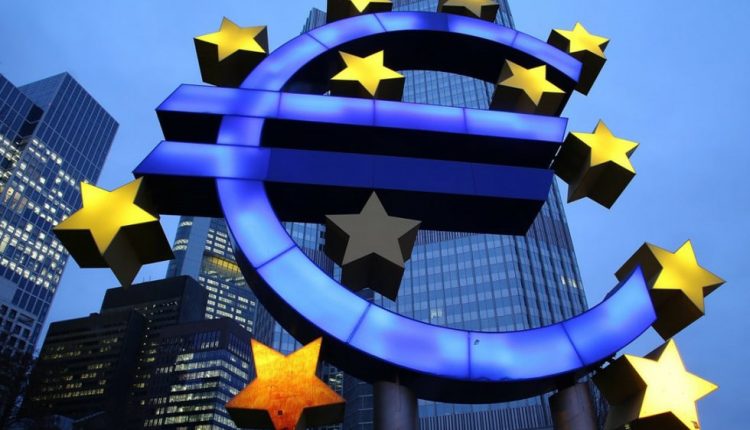The International Monetary Fund (IMF) has delivered a cautiously optimistic outlook for the eurozone in its July World Economic Outlook update. While the overall picture remains mixed, signs of recovery are emerging.
The IMF has nudged its 2024 growth forecast for the eurozone slightly upward, now predicting a modest 0.9 per cent expansion. This is a 0.1 percentage point revision from its April projections and suggests the region may have finally hit the bottom of its economic slowdown.
The drivers for this modest growth include;
Stronger Services: The services sector, a major contributor to the eurozone economy, is showing signs of renewed momentum. This could be fueled by pent-up demand and a gradual return to pre-pandemic activity levels.
Export Surprise: Net exports exceeded expectations in the first half of the year, providing a welcome boost to the eurozone economy.
Growth is projected to pick up further in 2025, reaching 1.5 per cent, according to the IMF. Several factors could contribute to this:
Rising Wages, Rising Spending: As real wages increase, consumers are expected to loosen their purse strings, driving up domestic demand and stimulating economic activity.
Investment Boost: Easing financing conditions and a gradual loosening of monetary policy are expected to encourage investment, providing another engine for growth.
Germany Lags Behind
Despite the overall positive revision for the eurozone, a cloud hangs over Germany, the region’s economic powerhouse. The IMF has maintained its earlier forecast of a meager 0.2 per cent growth in 2024 and 1.3 per cent in 2025 for Germany. Continued weaknesses in the manufacturing sector are cited as the primary reason for Germany’s sluggish recovery.
The IMF’s report underscores the uneven nature of the eurozone’s recovery. While some economies are finding their footing, others, like Germany, are facing more headwinds. However, the modest upward revision for the eurozone as a whole offers a glimmer of hope for the region’s future economic prospects.
Attribution: IMF’s July UPDATED Economic Outlook


